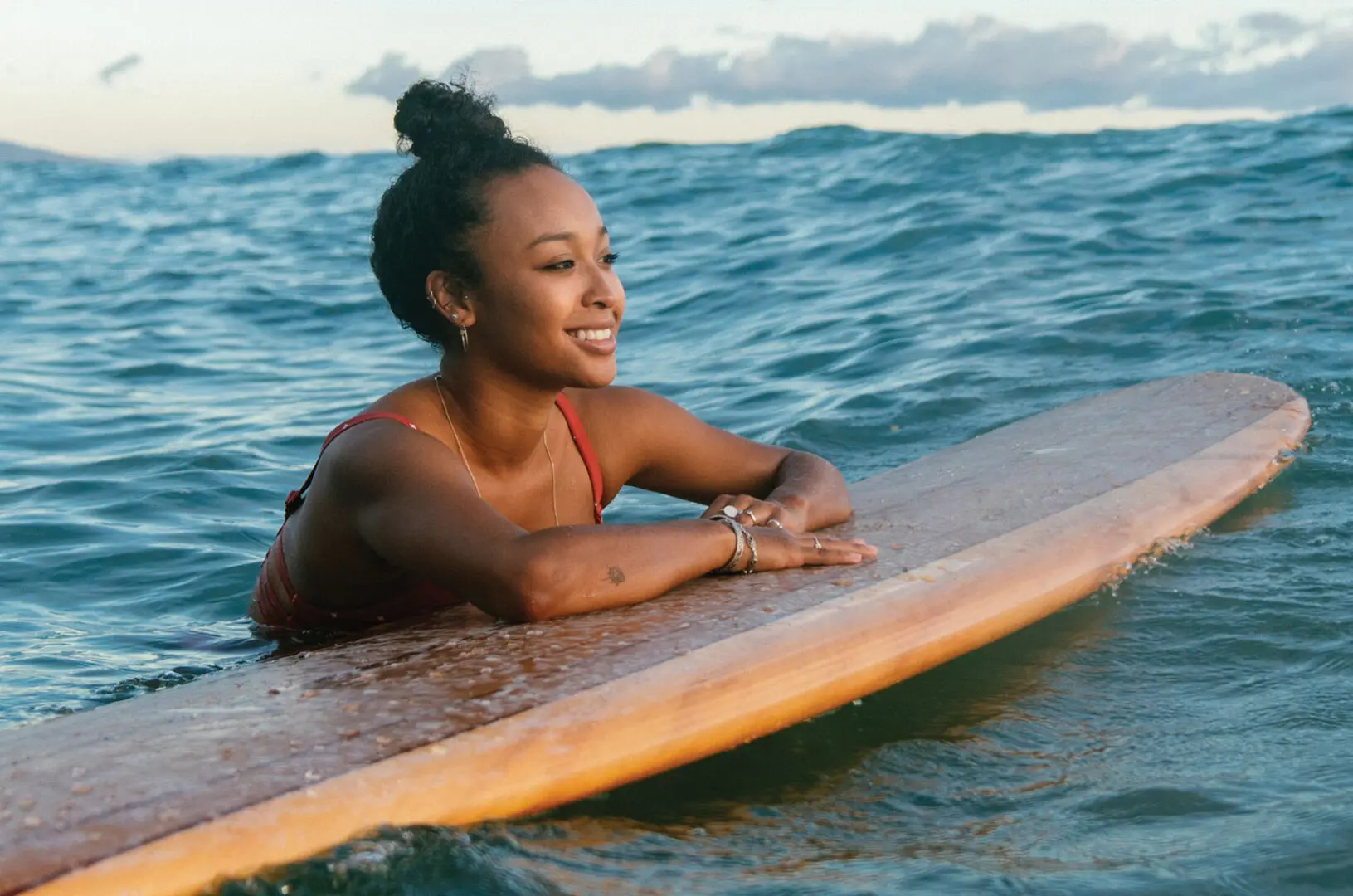Water Safety When Traveling Abroad
By Ms. Rory Merritt, Staff Writer
Sunshine, beaches, and exotic locales can make for an exciting—or relaxing—trip. However, when traveling abroad, it is important to remember that other parts of the world may be vastly different from what you are accustomed to when it comes to staying safe in and around water.
According to the U.S. Centers for Disease Control, drowning accounts for one out of ten deaths among Americans abroad. Drowning is the leading cause of death of American travelers visiting countries where water-related activities, such as swimming, diving, surfing, and boating, are popular. Drowning deaths are particularly common in developing countries, where emergency and rescue services may not be readily available.
In addition, contaminated water can cause serious illness when ingested. Drinking contaminated water or using it for cooking, washing food, making ice, or brushing teeth can cause diarrhea, vomiting, and stomach pain.
For these reasons, it is imperative to remain on guard and keep water safety in mind. Drinking bottled water is highly recommended, and use experienced local guides when boating, scuba diving, or participating in other water-related activities. Experts also advise checking your international insurance to see which activities are covered.
The following tips can ensure that you and your fellow travelers have a safe, healthy trip.
Swimming
Avoid swimming alone, wear a life jacket, and develop a safety plan with fellow swimming companions. Always keep a particularly close eye on children because drowning is a leading cause of death for kids ages one to fourteen. Furthermore, be sure to avoid swallowing water when swimming; it could be contaminated with harmful bacteria or chemicals.
Diving
Never dive head-first in unfamiliar areas! You never know what could be lurking just beneath the surface, including rock formations and fallen trees that could cause catastrophic injuries.
Alcohol and Other Substances
Refrain from consuming alcohol and other substances before (or during) water-related activities. Among adolescents and adults, alcohol use is involved in up to seventy percent of water-related deaths.
Sea Creatures
Do your research! Ask about local sea animals—such as sharks, jellyfish, sea snakes, coral, Portuguese men o’ war, barracuda, eels, flower urchins, and crocodiles—and avoid areas where you might accidentally come face-to-face with one (or many!) of these creatures. A sting or bite from a sea creature could be fatal.
Rip Currents
Remember that unfamiliar waters may be rife with rip currents, channelized currents of water at surf beaches that can drag swimmers away from shore. Foreign ocean and river currents can be dangerous and hard to recognize by Americans from non-coastal areas, and the beaches may have no lifeguards or signs warning of dangers. Also, in locations that experience heavy seasonal rains, currents can rapidly change in strength and speed.
Drinking Water
Water contaminated with germs or chemicals can make you sick and ruin your trip. Although staying hydrated is important, particularly in hot climates, keep in mind that many parts of the world do not have tap water that is safe for ingesting. Be prepared to drink, wash your food, make ice, and cook with factory-sealed bottled or canned water. In addition, brush your teeth with bottled or disinfected water, and avoid swallowing water when showering. If bottled or canned water is unavailable, tap water can be disinfected by boiling, filtering, or chemically treating it.
Remember: staying safe and healthy is key to a happy trip! Do your research before you go to make sure that you and your companions are prepared.

